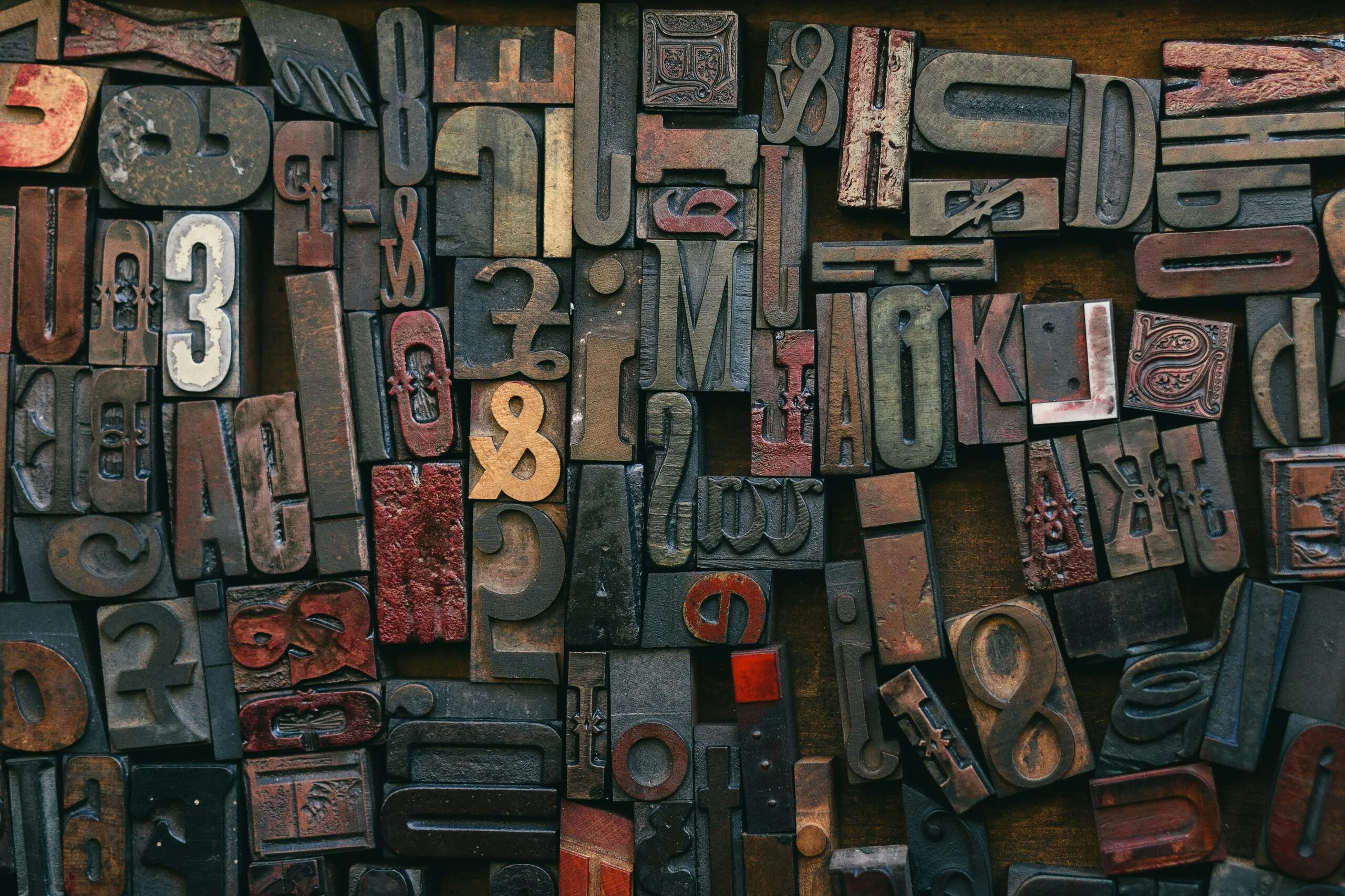
Writer's checklists
Some of the best writing tips I learned were from a summer class I took as a teenager. I’m still adding to my writer’s checklists, decades later. However, I have mostly kept these checklists in my hea...

Some of the best writing tips I learned were from a summer class I took as a teenager. I’m still adding to my writer’s checklists, decades later. However, I have mostly kept these checklists in my hea...

I try to avoid posting about AI, but today I found myself wondering: did I just chat with an AI? Trying to decide which of several products to purchase online, I used the company’s website chatbot, wh...

In the midst of a recent LinkedIn discussion about whether scrum is a methodology or a framework, I considered a few questions: Geeks are often quite opinionated. I am sure some of my friends could ha...

My Romanian coworkers were impressed when I started learning Romanian. I’d say “bună” (hello), complete with the ă, and they’d be shocked by even this basic effort. What confused me, though: several o...